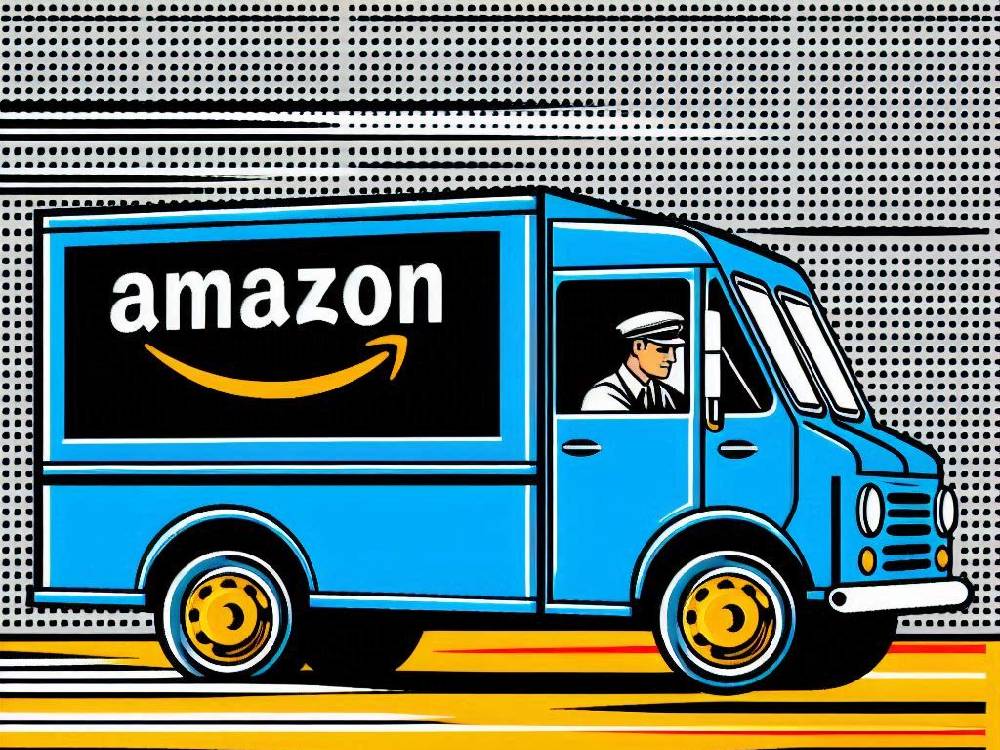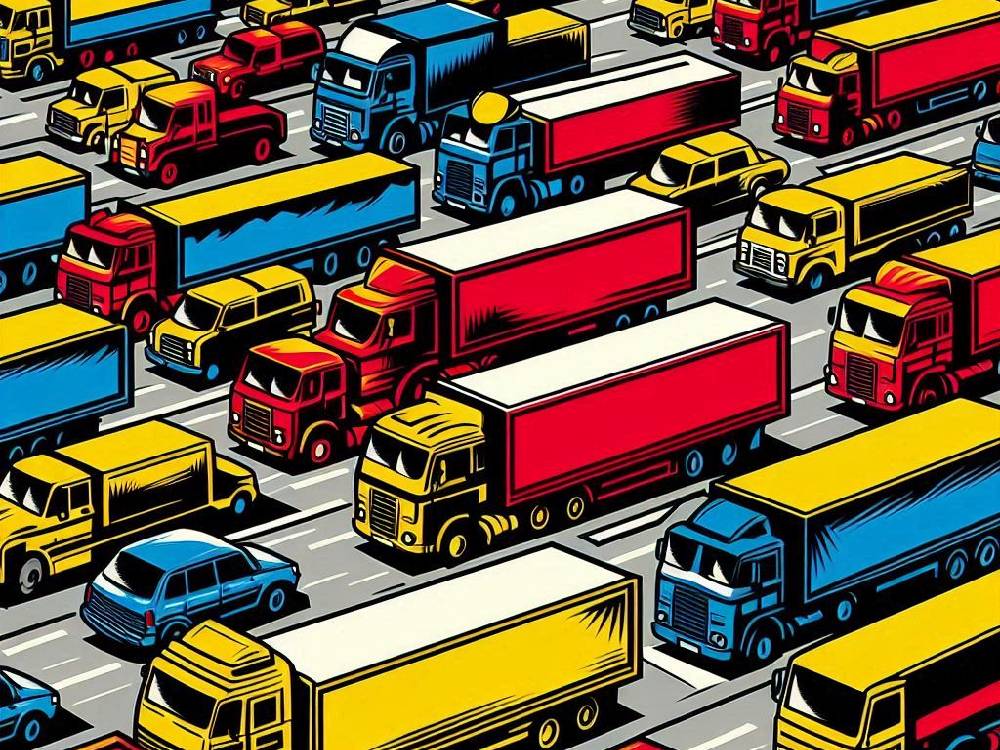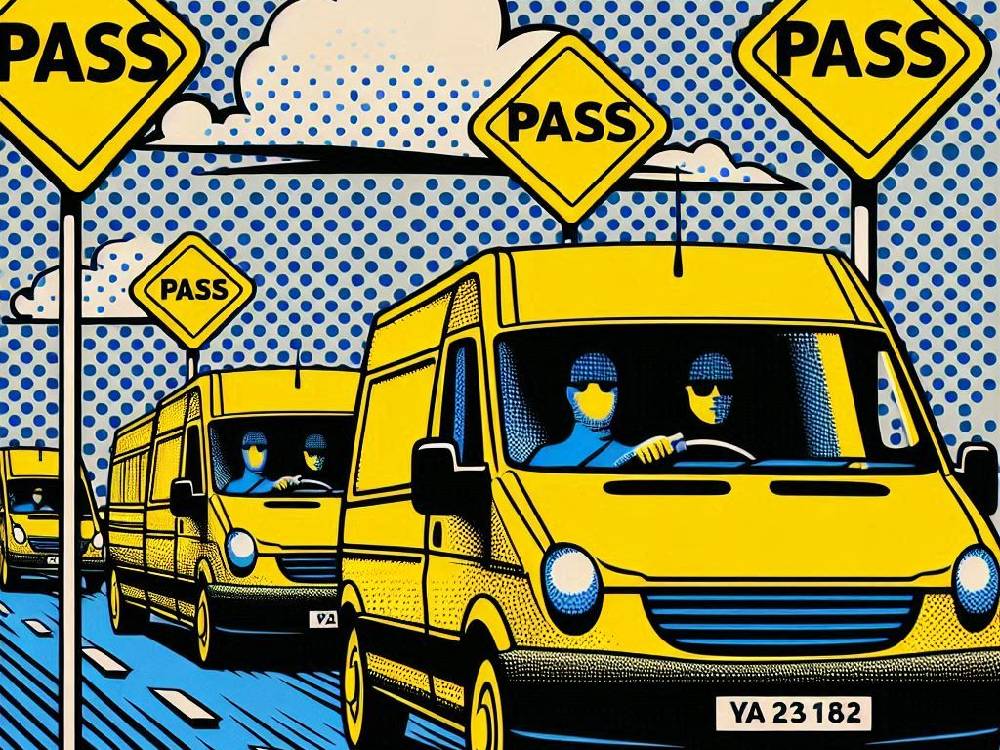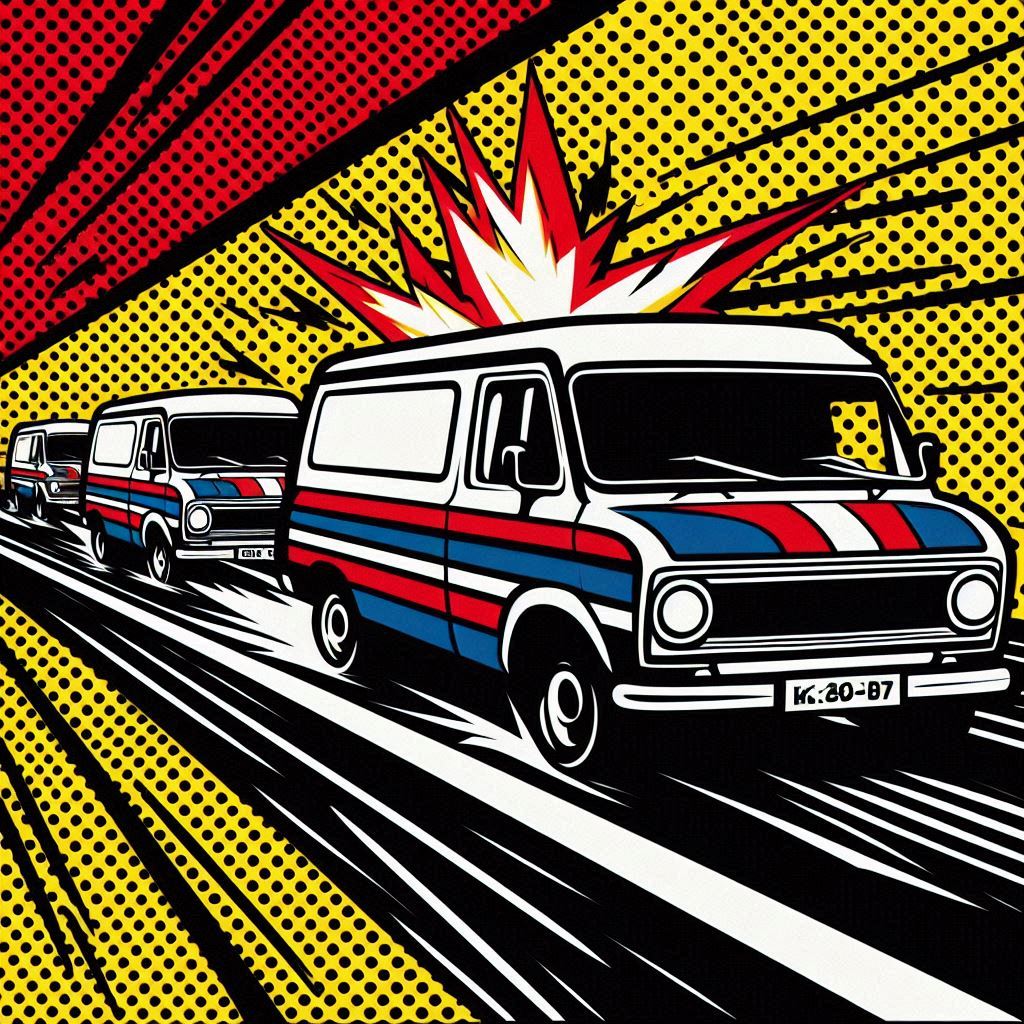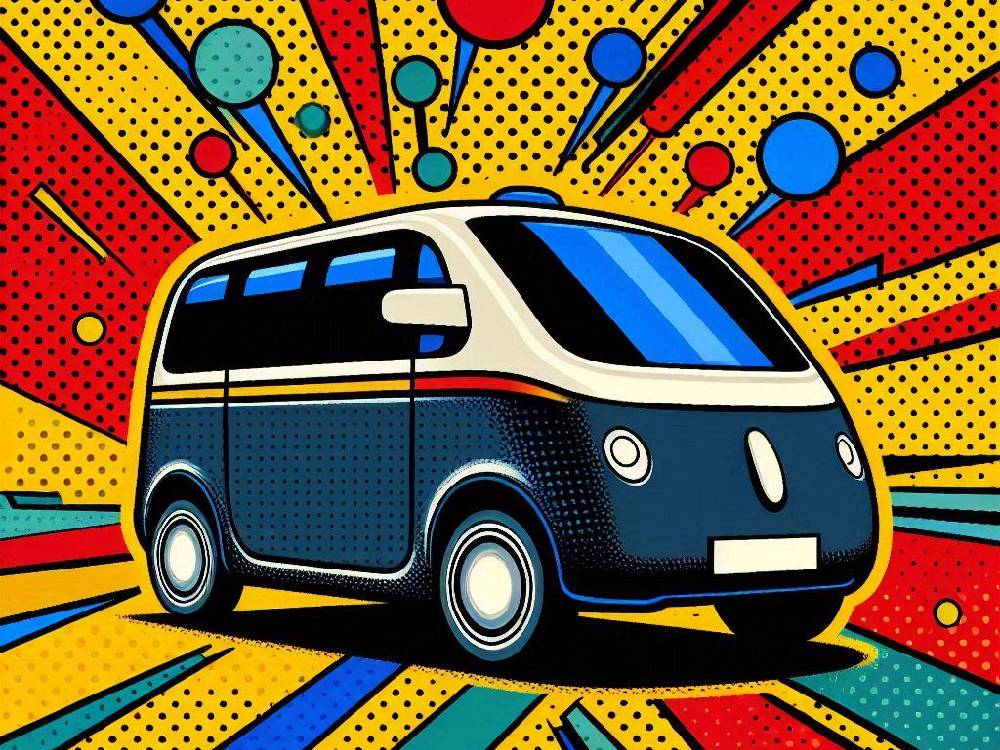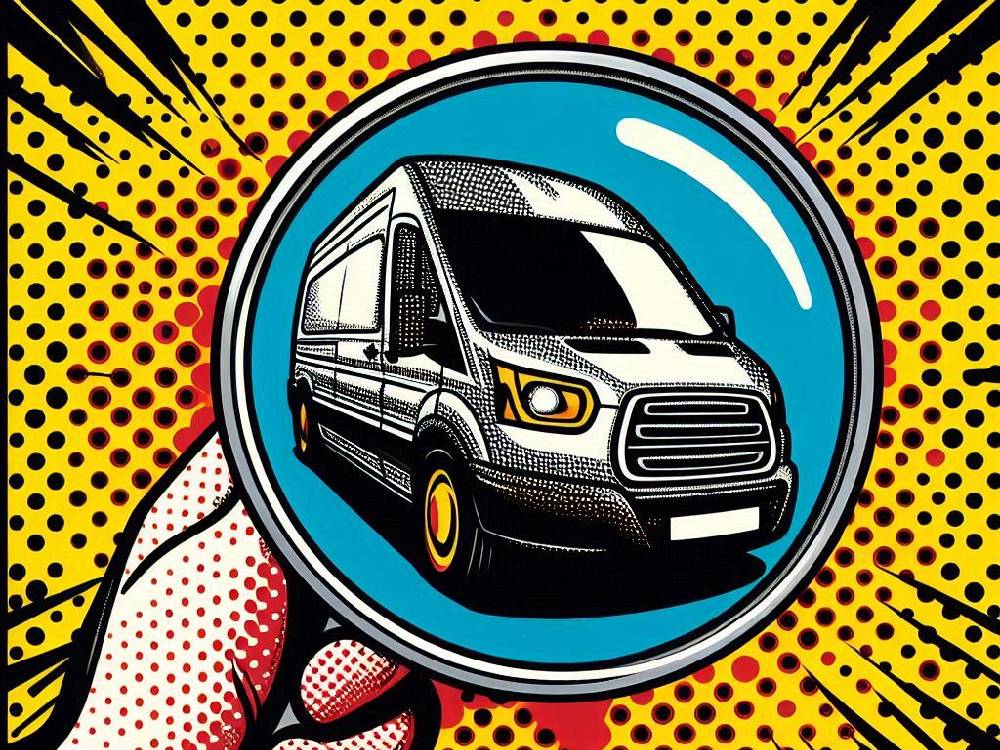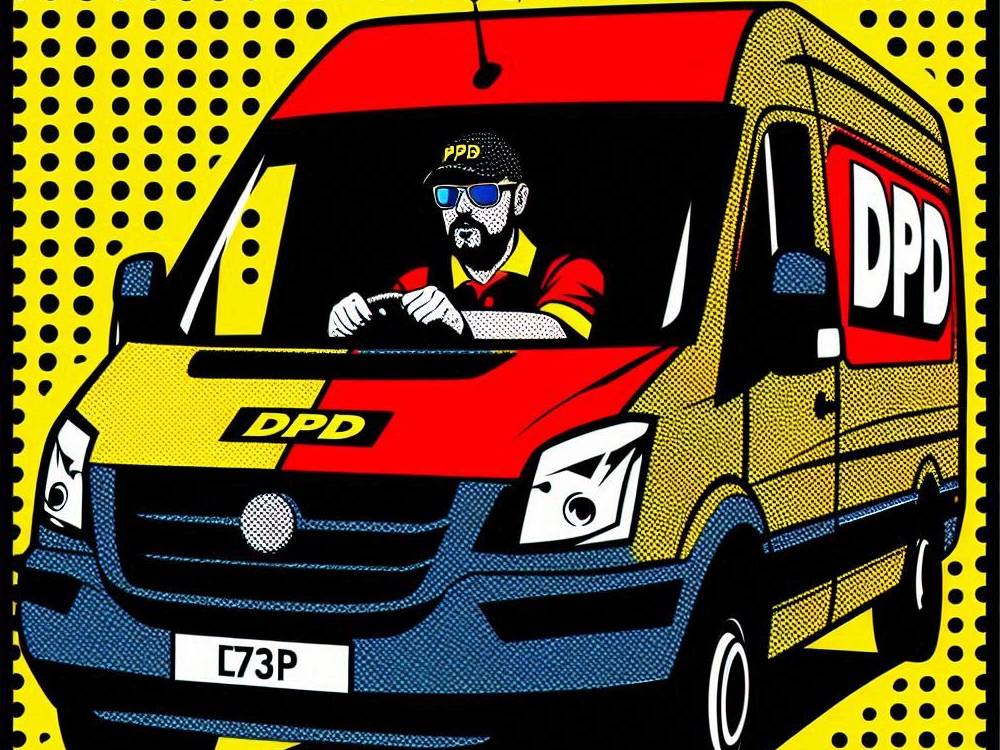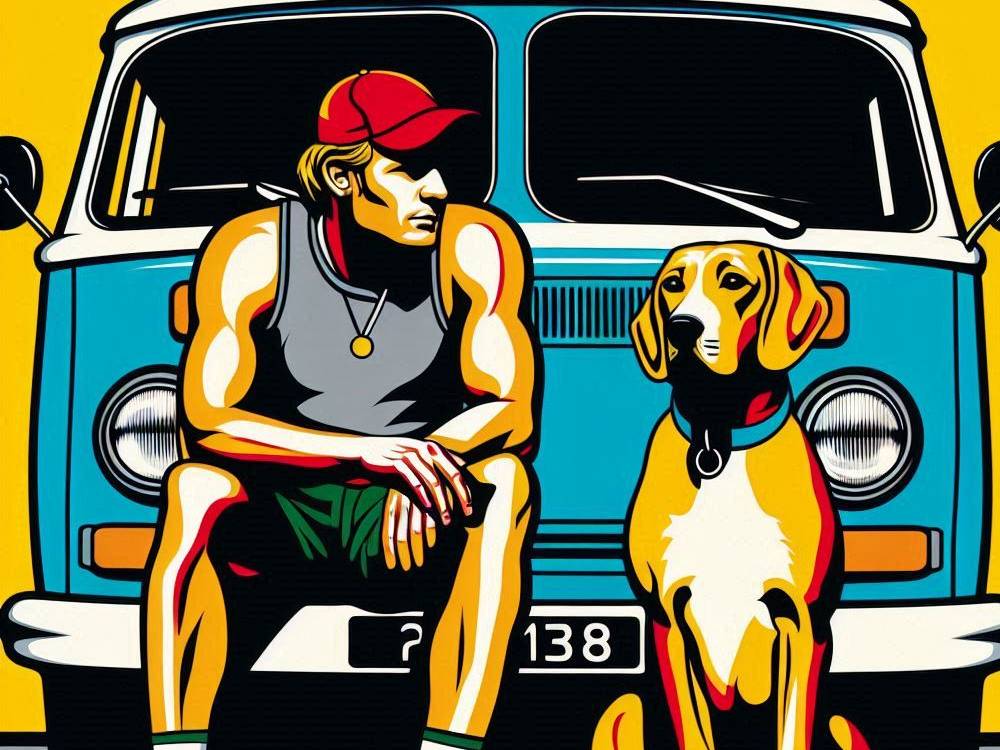Delivery drivers.
Drive it, 420.
We’re not actually sure if that makes sense, but that’s what the folks in America have decided.
For once, this isn’t a post about electric vans…
So, this week’s news comes from the other side of the pond.
Quite a big pond, actually, as this is news from the ol’ U.S. of A.
Just as the UK has been experiencing delivery driver shortages here, the same has been happening across the US.
Now, there’s a number of reasons that have been suggested for the shortage in the UK…
We’ve seen stuff about Covid-19 and the ‘Pingdemic’, Brexit, and all sorts of excuses.
Our suspicions are that it probably involves many reasons, so we won’t point the blame anywhere specific.
Whilst the US can’t blame Brexit, they are still suffering from delivery problems.
And so, they’ve used some initiative.
In America, some states have legalised cannabis, but not ALL of them.
Now, delivery companies are specifically advertising job listings, that stipulate that there is no mandatory drug testing.
This is a particular company, by the way.
You may have heard of them before…
Say, does Amazon ring a bell?
Not only Amazon drivers, but also all the other delivery companies it sub-contracts with.
They’re facing a serious dilemma. Even the munchies can’t ease their concerns. (Sorry, we couldn’t resist!)
Many current drivers and potential hires fail cannabis and THC tests.
Because of this, they’re facing a real shortage, which is now verging on a crisis.
So much so, that the job descriptions that are going out have specific detail that claims there is ‘no marijuana testing’ or ‘THC testing’.
Many states in the US have decriminalized cannabis.
Some lobbyists are seizing this opportunity to push the agenda further.
They argue that if Amazon can ignore marijuana screening, then so can everyone else.
Van drivers in the UK don’t need to worry about ‘high’ delivery drivers right now.
However, it’s something to consider if cannabis is ever legalised in the UK.
We’re pretty certain we Brits would have more common sense than to get behind the wheel whilst under the influence of anything.
If you need to claim against someone who isn’t law-abiding, you’ll need reliable van insurance.
It’s essential for getting you out of a sticky situation.
It’s a good thing we’ve got you covered with the best and cheapest van insurance quotes around, eh?

